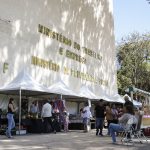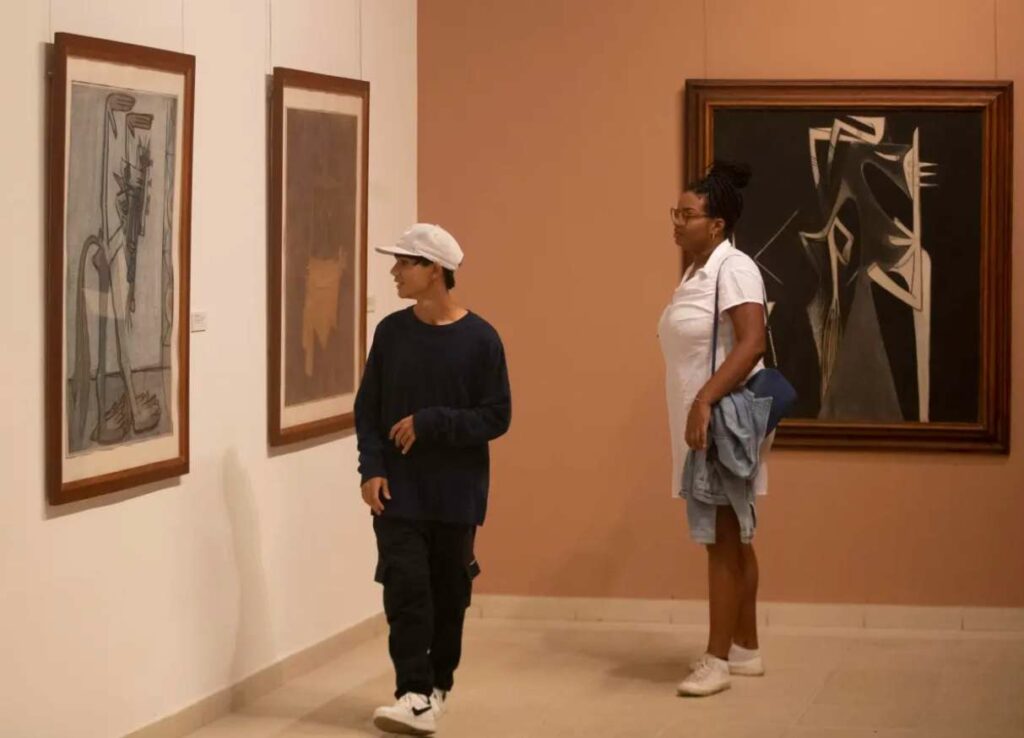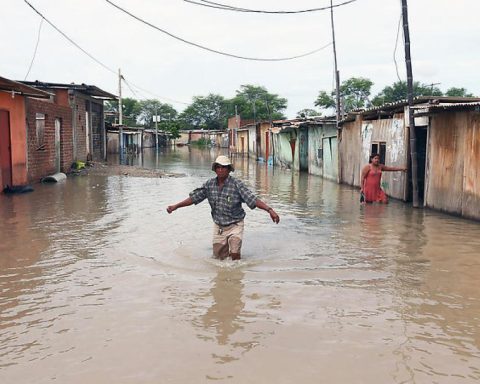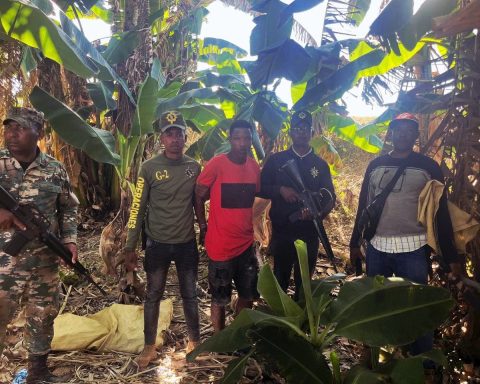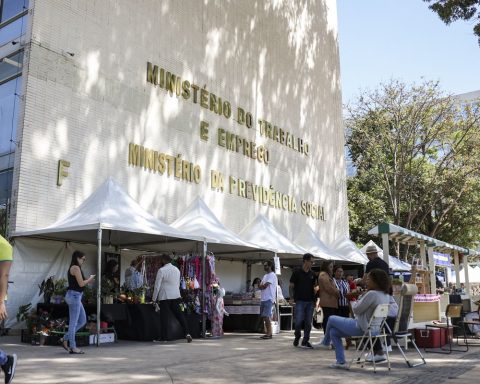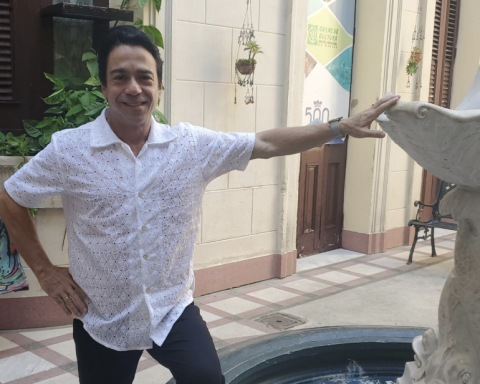The prominent Australian lawyer and academic Cheryl Saunders, former president of the International Association of Constitutional Law and emeritus professor at the University of Melbourne, addressed the constitutional process in Chile —currently in talks— and assured that the country “already has enough raw material” to achieve consensus.
Saunders argued that “the success of a constitutional process in the short and long term is reinforced by the story that can be told of the Constitution,” during his speech at the Jorge Huneeus Zegers Chair at the Diego Portales University Law School ( PDU). In this story, he said, “the constitutional imaginary can reinforce the legitimacy of a new Constitution, fostering collective ownership and commitment.”
You may also like:
The emeritus professor at the University of Melbourne and known for her contributions to constituent processes in different countries around the world, stressed that “consensus, expertise, and vision are invaluable when it comes to making an instrument last.” Along these lines, she mentioned that “Chile already has enough raw material for this purpose,” something from which “the constituent process could be nourished in the next important phase.”
Cheryl Saunders, for whom the key decisions are made at the beginning of any constituent process, gave a talk entitled “Success and failure in constituent processes: Perspectives from the comparative constitutional experience”, at times of strong debate on the mechanisms that will give rise to a new Fundamental Charter in Chile.
It is worth mentioning that, after the result of the plebiscite on September 4, the National Congress is in a stage of dialogue that has lasted for more than three months, to channel the second half of the constituent process. The talks are still at a standstill and despite the efforts of the parliamentarians it has not been possible to untie the main knot: the composition of the body that will be in charge of drafting the New Constitution, something that keeps the ruling party and the opposition divided.
“The Chilean process is now part of the global comparative experience,” said the academic, at the beginning of her talk. He added: “Within the last 30 years or so, we have seen an extraordinary spate of constitution-making around the world. At least one-third of United Nations member states have pushed for the creation of new constitutions or substantial changes to existing ones.” “.
In Chile, he added, the convention is used “potentially” to be able to revive some processes, so “it is desirable that there be a lot of clarity about the tasks that are expected to be carried out this time.” The Constitution, he warned, “has to work in practice and provide a framework for effective government.”
“It is easy to underestimate the challenge of going from the text to the application of new provisions. This is a long period, of uncertain duration, where this New Constitution is based, and from there the success or failure of the new text should not be judged promptly.”
During the lecture, which included opening remarks by the dean of the UDP Law School, Jaime Couso, and the director of the UDP Jorge Huneeus Zegers Chair of Constitutional Law, Javier Couso, Professor Saunders identified and examined the “lessons” that could be relevant to the Chilean process, and which the national experience has also brought to light.
“It’s not uncommon for a failed process to be revived in some form”
Cheryl Saunders stated that “many building processes fail and are not successfully revived”, however, she stated that “it is not uncommon for a building process to fail, but it is also not uncommon for a failed process to be revived in some form”. Under that gaze, she put on the table the examples of Kenya and Australia, where, keeping wide differences, a constitutional draft was discarded, improved and then approved by the citizens.
In Kenya, he commented, “a draft was revived years later, after a participatory process. And, after there was enough violence, it was put to a vote and accepted by popular vote and the constitution was approved.” In Australia, meanwhile, the constitutional process was also reactivated after a few years proposed and, after establishing a parliamentary committee that did not prosper, a convention was elected by a majority of the colonies. “The second process was a success, but not without problems that occurred, although ultimately we just had a compromise and pragmatism and the Constitution has been in place ever since,” he recounted.
For Professor Saunders, the example is clear: “The successful reactivation of the constituent process, formed and based on an earlier phase, when the process previously failed.”
In addition, in his opinion, the following message is key: “No constitution, anywhere in the world, is perfect, whether the process was successful on the first try or not.”
You can review the full talk here.










